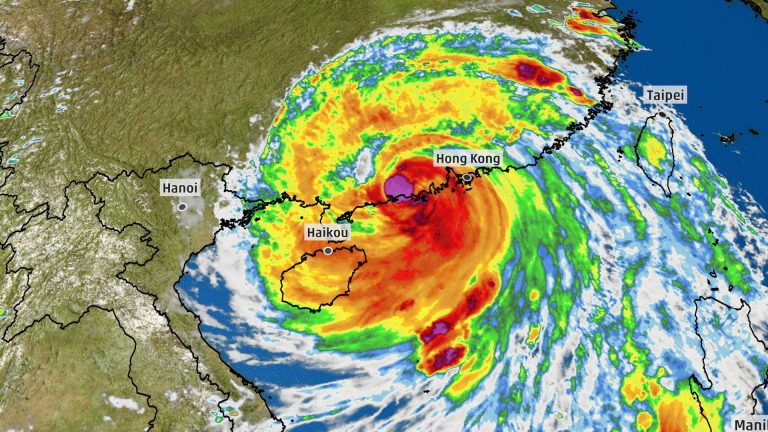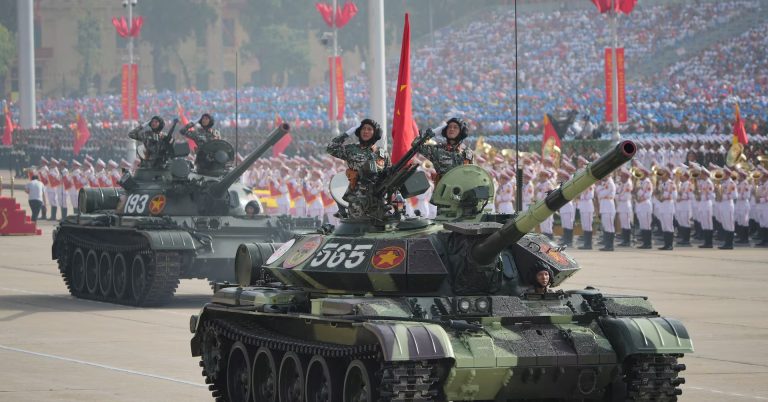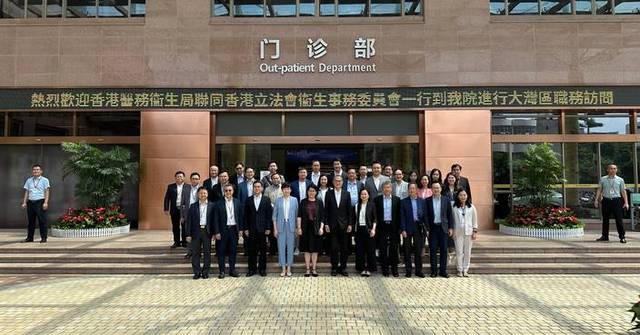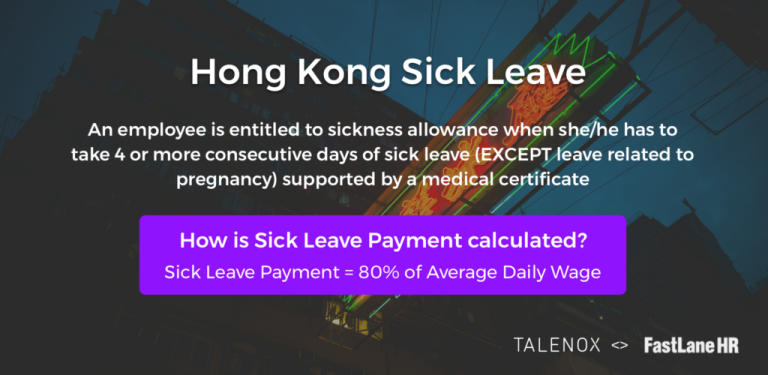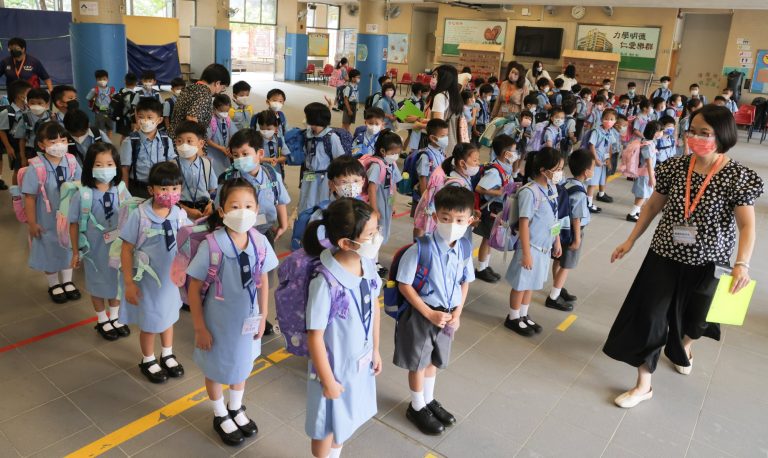Hong Kong’s Education Bureau has introduced a comprehensive set of guidelines that significantly reshape how schools approach national security, marking a pivotal moment in the region’s educational landscape. The updated School Administration Guide, effective March 9, 2025, represents a systematic approach to monitoring and controlling educational content across the city’s schools.
At the heart of these new protocols is a meticulous screening process that touches virtually every aspect of school life. Reading materials, extracurricular activities, and external collaborations now face unprecedented scrutiny. School librarians have been tasked with a critical role, working closely with school management to review and filter content that might potentially compromise national security.
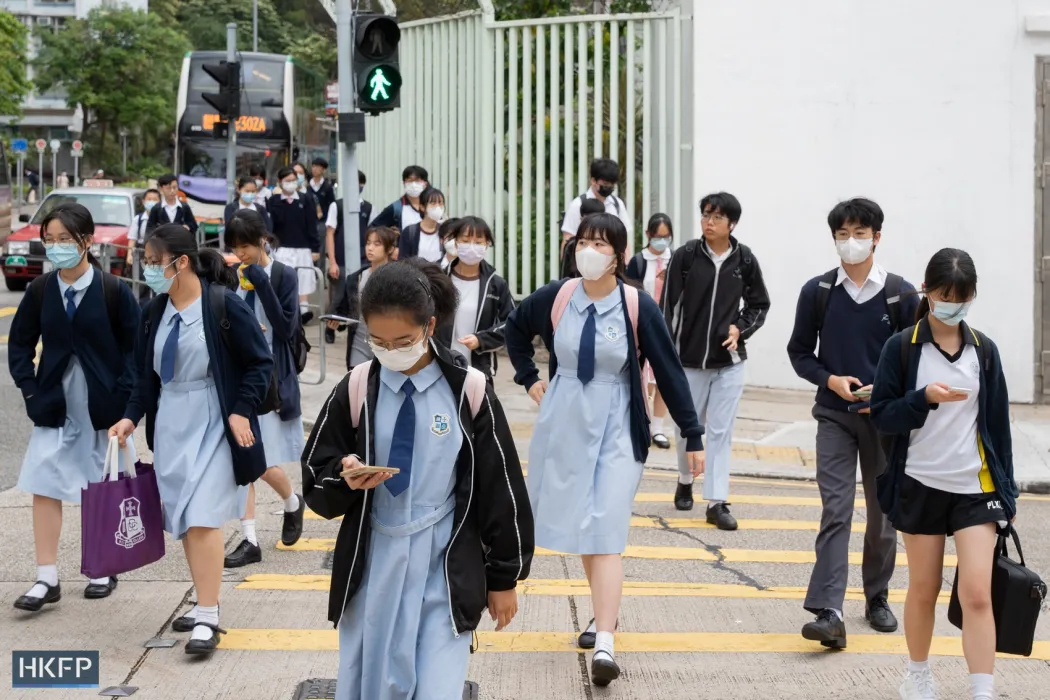
The guidelines cast a wide net, extending far beyond traditional classroom boundaries. Parent-teacher associations, alumni groups, and external tutors are now required to adhere to strict vetting processes. Every program affiliated with schools must demonstrate compliance with the new security standards, creating a comprehensive ecosystem of oversight.
External organizations and guest speakers face particularly rigorous background checks. Schools must now conduct thorough investigations into the nature, format, and political background of proposed events and collaborations. This doesn’t mean a complete shutdown of external engagement—non-commercial services can still participate—but the bar for approval has been raised significantly.
![]()
The screening process focuses on eliminating content that could introduce what authorities consider inappropriate values or potential security threats. This means carefully examining materials for any signs of political propaganda or ideologically challenging information. The goal is to create an educational environment that aligns closely with the region’s defined security objectives.
What makes these guidelines particularly noteworthy is their comprehensive approach. They’re not just about blocking specific content, but about creating a systematic framework for evaluating educational interactions. School administrators now have detailed instructions on how to assess and manage potential risks, transforming security considerations into a routine part of educational management.

This approach reflects a broader policy trend in Hong Kong, where national security has become increasingly integrated into public institutions. The education sector, in particular, is seen as a critical space for shaping understanding and preventing what authorities might view as destabilizing influences.
The implications are far-reaching. Libraries, reading programs, guest lectures, and even seemingly innocuous extracurricular activities now require careful navigation. Schools must be proactive, continuously evaluating their programs and partnerships through the lens of national security.
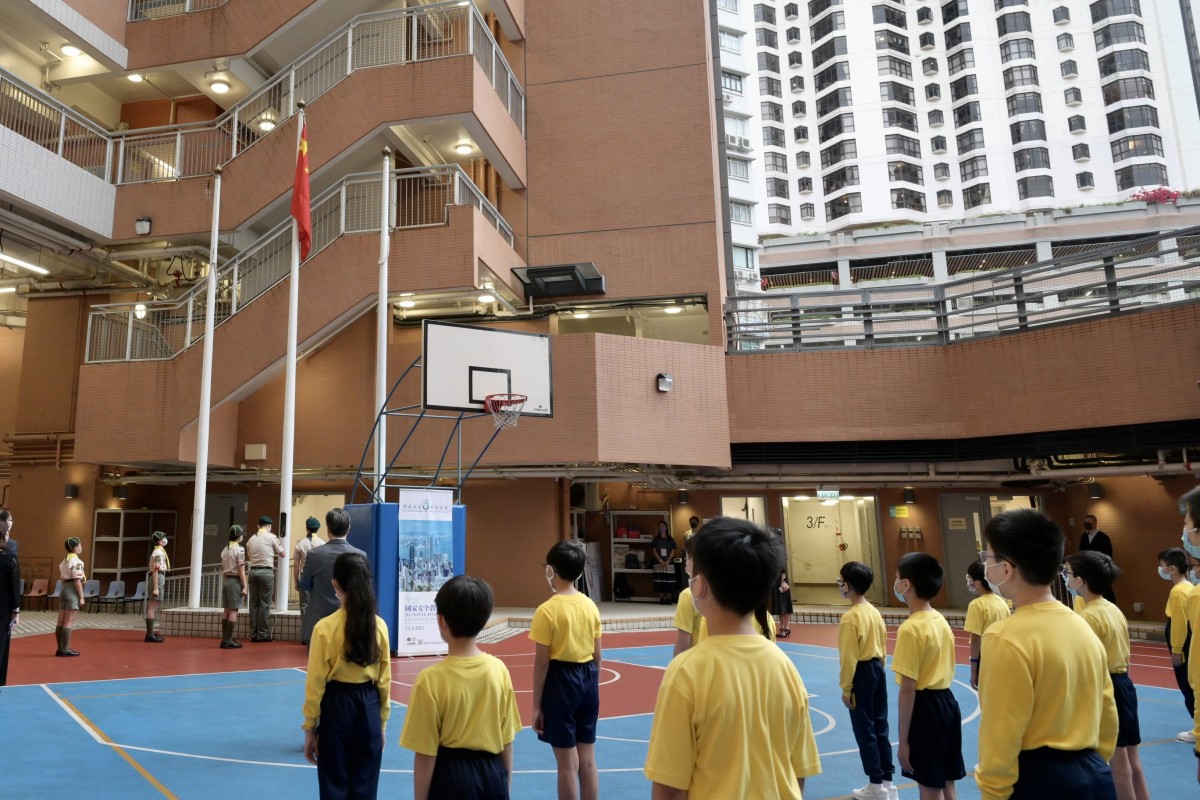
While the guidelines might seem restrictive, they’re presented as a necessary measure to maintain educational stability. The Education Bureau argues that these protocols protect students by ensuring they’re exposed only to content deemed appropriate and constructive.
For educators, parents, and students, this represents a significant shift. The traditional understanding of academic freedom and open dialogue is being redefined, with security considerations taking center stage. Schools are no longer just places of learning, but carefully managed environments where every interaction is potentially subject to review.
As Hong Kong continues to implement these comprehensive security measures, the education sector stands as a critical frontline in this broader strategic approach. The updated School Administration Guide is more than a policy document—it’s a blueprint for how educational institutions will operate in an increasingly controlled environment.

